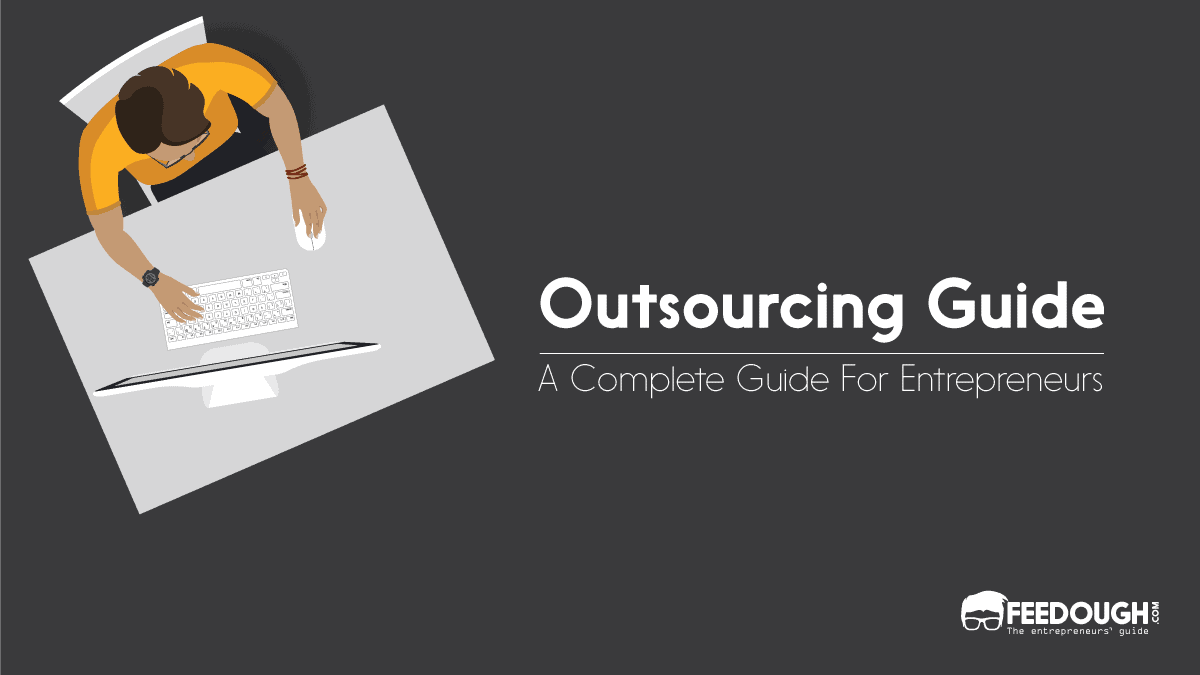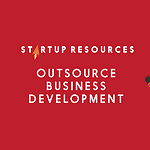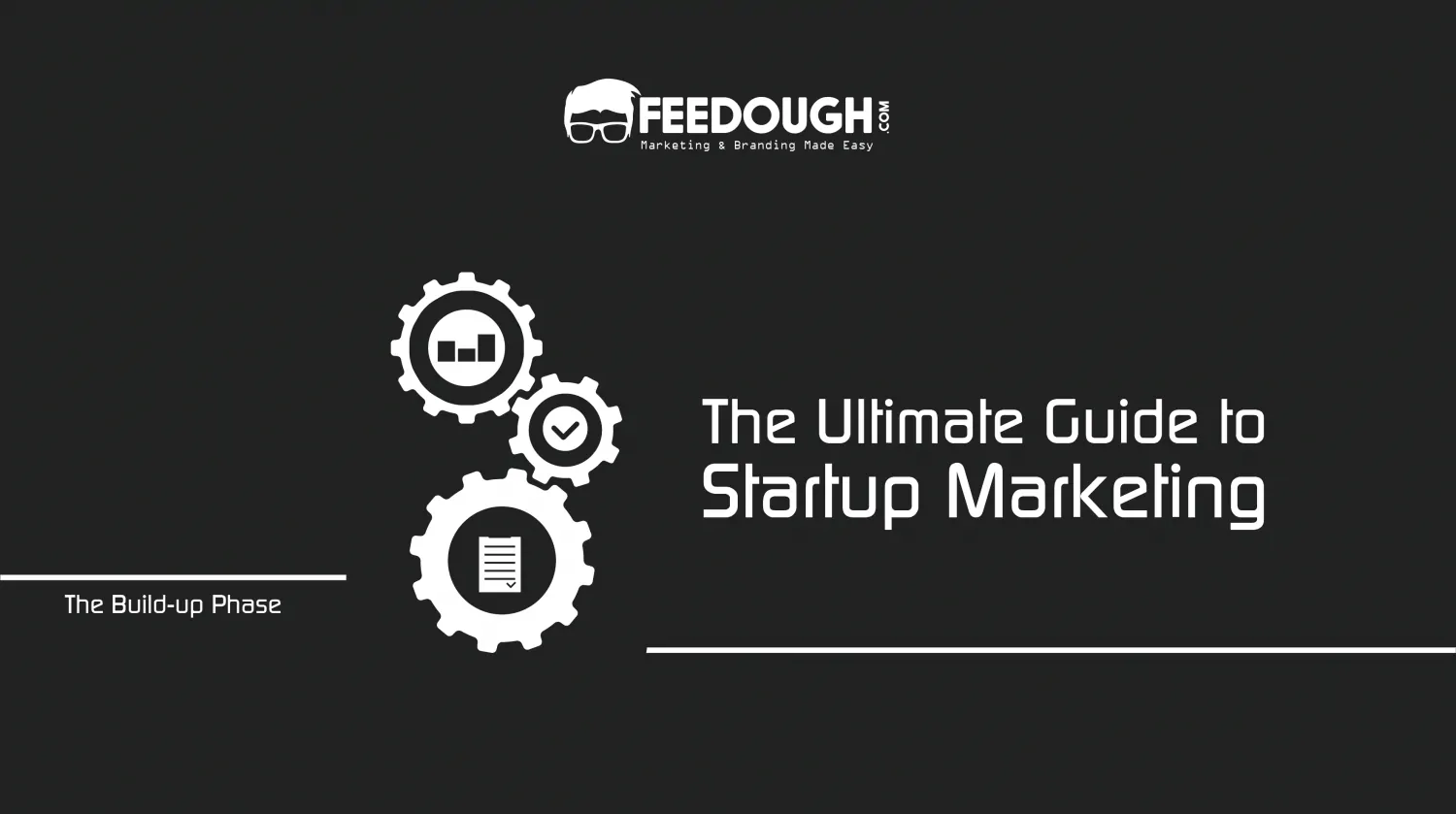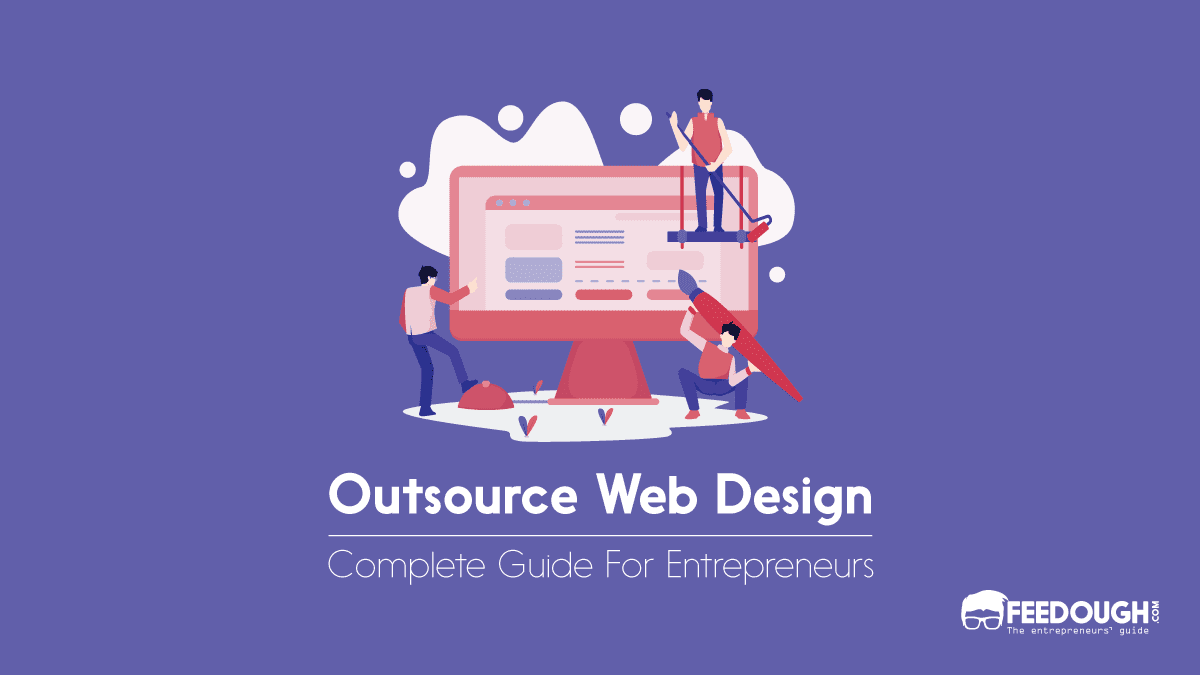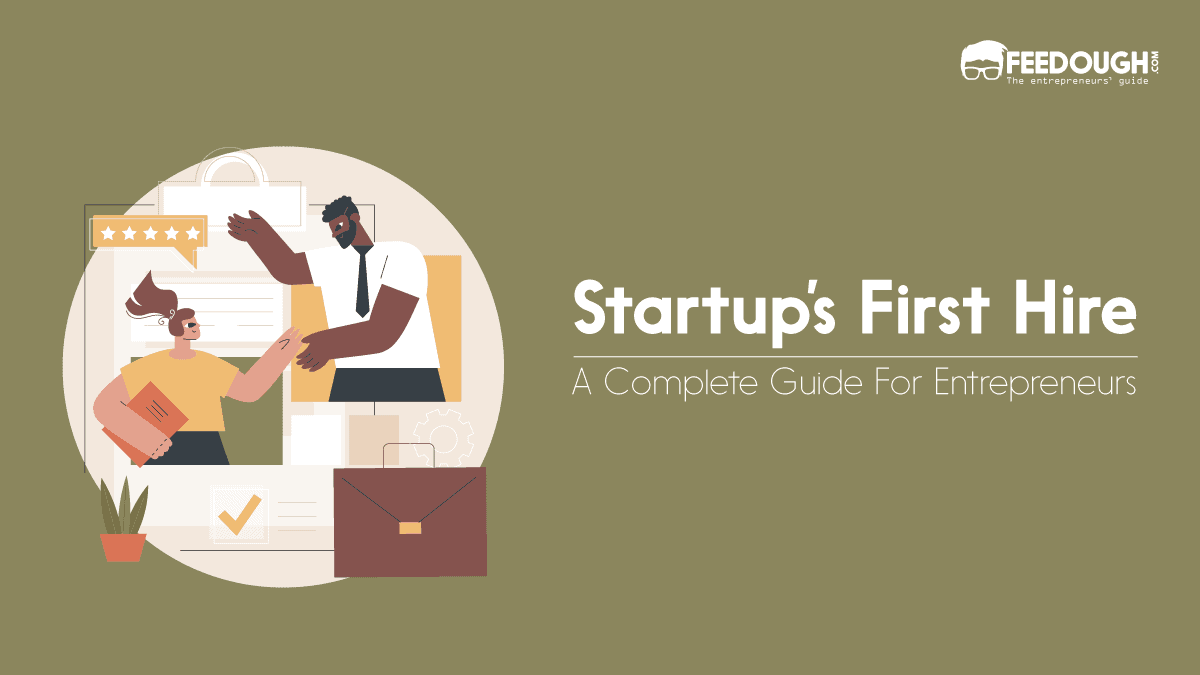When in-house teams are at their limit and pushing campaigns over the line becomes a real struggle, there’s a smart move businesses can make to ease those operational pressures and keep things running like a well-oiled machine, i.e. outsourcing important marketing tasks to specialised third-party experts.
That being said, outsourcing is no walk in the park and comes with its own sets of challenges. You’ll need to find the right third-party provider, make sure they align with your objectives, manage collaboration effectively and maintain clear communication throughout the process.
If done right, it can do wonders for your business. However, it requires careful planning and oversight to succeed.
And that’s exactly what we’re going to help you with! We’ll be taking you step-by-step on how to outsource marketing process smoothly. By the end of this guide, you’ll have the knowledge and insight to achieve your marketing goals effectively.
Platform | What Is It Used For? | Visit |
|---|---|---|
Upwork | One of the largest freelance marketplace that connects businesses with independent marketing professionals and agencies worldwide. | |
Fiverr | An online platform that connects you with the top 3%, of highly-vetted virtual assistants to access a wide range of marketing expertise. | |
Wishup | An online platform that connects you with top 3%, of highly-vetted virtual assistants to access a wide range of marketing expertise. |
What Does it Mean to Outsource Marketing?
Let’s say you have specific marketing projects that require specialised skills in order to be completed. If you were to hire a full in-house marketing team to tackle all of your marketing tasks, you’d need to employ different individuals with expertise in each area. This could bring up your costs and consume a lot of your time as you’d have to pay salaries, provide training etc.
As a solution, you can simply outsource your marketing efforts. This means collaborating with a third-party marketing agency or specialists who excel in specific areas like social media, content, SEO, or PPC. By doing so, you gain access to their specialised skills and knowledge without the need to hire and maintain a full-time team in-house.
There are three routes you can take when it comes to outsource marketing :
- Outsource your marketing in full
- Keeping all of your marketing efforts in-house
- Using a combination of both
Requirements differ from business to business. The approach you select is determined by a company’s financial situation, capacity and skill-sets of the current in-house team.
The Advantages of Outsourcing Marketing
Outsourcing marketing can offer numerous benefits to businesses of all sizes. Here are some of the key advantages:
- Reduced costs: Hiring an in-house marketing team can be quite expensive, especially for small businesses. However, outsourcing marketing can help you save a lot of money on salaries, benefits and overhead costs.
- Access to expertise: Marketing agencies provide access to skilled professionals who can develop and implement effective marketing campaigns from scratch. This is especially helpful for businesses that don’t have the in-house expertise to do it themselves.
- Flexibility: Outsourcing offers you the flexibility to scale your marketing efforts up or down as needed. You can also choose to outsource specific marketing tasks, such as social media management, content creation or SEO.
- Fresh perspective: Marketing agencies stay up-to-date with the latest industry trends and successful strategies. They can provide you an objective view on your current marketing strategies, identify new opportunities and develop innovative marketing campaigns.
- Increased efficiency: Marketing agencies have the tools and resources to be more efficient than most in-house marketing teams. They can also utilise their experience to get better results faster.
- Access to global markets: Outsourcing marketing to a company in another country can give you access to a wider range of customers. This can be especially beneficial for businesses that are expanding internationally.
- Increased scalability: Having an experienced team of outsourced marketing professionals allows you to handle increased workload easily without having to expand your internal staffing. This is crucial for businesses who experience fluctuations or growth in demand seasonally.
The Disadvantages of Outsourcing Marketing
Getting your marketing tasks outsourced is a double-edged sword. While it certainly takes off the load and makes things easier for you, there are also challenges to it. Here are some of the potential disadvantages to outsourcing marketing:
- Lack of control: When businesses resort to outsourcing their marketing tasks, they face the issue of having limited control over planning strategies, creative direction and execution of marketing campaigns. While agencies or professionals typically maintain a line of communication to keep you in the loop, however, you may not have the same level of control if you were handling your marketing efforts in-house.
- Exposing confidential data: To give the outsourcing company a comprehensive view of the company’s ongoing marketing efforts and success, it may be essential to share sensitive information such as sales data, ROI figures, product information, etc. This could pose security and confidentiality risks. It’s essential for companies to have legally-binding confidentiality agreements, preventing agencies and professionals from sharing any data with outside sources.
- Ineffective communication: When you’re working with an outsourcing team, particularly one situated in a different country or time zone, you may face issues like project delays, misinterpretations, communication breakdowns, and more.
- Hidden costs: When you’re outsourcing your marketing tasks, hidden costs can pop up unannounced. These costs may not be apparent immediately but can add up over time, impacting your budget in the long run. This could include management fees, coordination costs, change orders and more.
- Quality issues: Another issue associated with outsourcing marketing could be inconsistent output. There could be instances where the outsourcing agency or experts may not properly reflect the need or identity of your company. You may face issues with creativity, messaging or overall effectiveness of the marketing materials.
What Parts of Marketing Should You Outsource?
Let’s dive into the different aspects of marketing where you could consider outsourcing a third-party:
Content Marketing
Authoritative and well-informed content can boost your visibility and position your business as a thought leader. But what does it matter if it’s written or created by people outside of your organisation? For starters, outsourcing content can bring a lot of different perspectives, time and resource efficiency, access to specialised skills, and content consistency
You see, businesses can easily outsource various types of content, including blogs, articles, infographics, videos and social media content. And to make things easier, entrepreneurs can easily visit sites like Upwork and Fiverr to find the desirable agency or freelancer, which is great because you also get to vet a professional’s work before fully committing to them.
Email Marketing
Worried about bombarding your prospect with too many emails of being lost in their inbox altogether? Hiring an email marketing agency could make a world of a difference.
For instance, they could create hands-off, lead-nurturing workflows to shoot emails automatically based on a user’s actions. They could study when a user clicks on a social media ad or plays a video, and create an email marketing strategy accordingly. You won’t have to do all the manual and administrative work yourself. Instead, you can leave it to the professionals and focus on what you do best.
Social Media Marketing
There are plenty of perks to keeping an in-house social media team. You get to have direct control over the output, there’s immediate accessibility to the team, they’re better equipped to incorporate strategies specific to the brand’s unique needs and audience, and the list goes on.
But here’s the thing: if you’re a smaller company working a tight budget, hiring in-house social media managers won’t just be feasible.
Here’s where outsourcing could be of great help. Having said that, you don’t have to hand over your entire social media strategy to a third-party group. There are ways to be smart about this too! But how? Well, you can delegate specific tasks. Let’s say you wish to increase your brand’s visibility on Instagram. You could bring in an agency that solely focuses on that. They could handle everything for you, from posting stories to reaching out to influencers and getting them to promote your product. It’s all about finding the right balance and finding the approach that suits you best.
Search Engine Optimisation (SEO)
If you’ve a great website, but it’s buried on page 10 of Google, no one’s really going to find it. That’s where SEO comes in. It aims to put your site right at the top of search engines and make it more visible when people search online.
Search engines like Google constantly change their rules and algorithms to refine their ranking process. SEO experts can determine the most effective strategies for your site. For example, even if your website has great content and is packed with the right kind of keywords, a slow loading speed could hurt your search ranking. This is the kind of insight only an expert can provide. Therefore, you can reach out to SEO agencies or specialists who are well-trained to do the job.
Outsourcing SEO to the right people means you’re tapping into that expertise without the hassle of hiring and training a full-time in-house team.
PPC (Pay-Per-Click) Advertising
PPC, which stands for Pay-Per-Click advertising, boosts your online visibility exponentially, and it’s important for a bunch of reasons.
For starters, PPC puts your brand exactly where your potential customers are looking i.e search engines and social media. Plus, you only have to pay when someone clicks on the ad. So, it’s a cost-effective way to get in front of people who are actively searching for your offerings.
Managing PPC campaigns can be super time-consuming and complex. When you outsource, you’re tapping into the expertise of professionals who know the ins and outs of PPC. They can craft ad copies, choose the best keywords, and make sure you’re getting most out of your budget. Plus, they’re up-to-date with the latest trends and algorithms.
Influencer Marketing
Let’s say you run a fitness supplement brand, and you wish to promote your brand-new protein powder. What better way there is than making a fitness influencer advertise for it? You can reach out to influencer marketing agencies who can help you connect with fitness influencers. Another option is to visit dedicated influencer marketing platforms, finding the one that aligns with your brand, and reaching out to them directly. You can discuss potential partnerships, what you want them to do and lay out the goals of the campaign.
Marketing Strategy
From attracting potential customers to nurturing leads, a successful marketing plan should cover everything. It’s literally the blueprint for all of your marketing efforts. So, you must understand your ideal customers, align campaigns with their needs, and stay updated on industry trends.
Now, if you’re thinking of getting some help in this area, then opting to outsource marketing could be the appropriate decision. You’ll be hiring industry experts who know how to reach your target audience in creative, new ways. But we get it, not every marketing strategy can outsource their marketing strategy.
So, here’s an idea – you could hire a strategist to create the core strategy, like defining your buyer personas. And you know what? You can find such a strategist on Wishup. The platform will connect you with these virtual assistants who are in the top 3% of the talent pool, so you know you’re in good hands. Then, your in-house team can add the finishing touches to make it even more effective.
Marketing Analytics
A business’s marketing success depends majorly on how well they make use of data analytics. However, not every business has the data experts they need in-house to do the job. Plus, hiring and training a team of engineers and data scientists can be time-consuming and bring up your costs.
However, there are specialised agencies with necessary expertise to interpret this data and provide you with valuable insights. What’s great is that they can also offer different solutions based on your budget and needs. So, instead of incurring new costs or stretching your resources too thin, you can focus on creating outstanding products based on the insights provided by your marketing intelligence agency or professional.
How to Choose the Right Outsourcing Marketing Agency and Platforms: Step-By-Step Guide
Define Your Budget
Before you begin with your search, it’s crucial to have a clear understanding of your budget. Decide on the amount you’re willing to allocate to outsource marketing needs.Your budget will determine the type of agency and platforms you can work with, as well as the scope of your marketing campaigns.
Specify Your Marketing Needs
Identify your specific marketing requirements and goals. Do you want to improve brand awareness? Do you want to boost sales? Do you want to increase website traffic? Do you want to improve your brand’s social media presence? Having a clear, well-defined set of objectives will help you find the agency and platform that specialises in particular the areas where you need help with.
Do Your Research
Start by conducting online research. Try to find agencies or freelancers that specialise in your industry or have experience working with businesses similar to yours. Pay attention to their client reviews, case studies, and online presence to gauge their credibility and track record.
Evaluate the Prospects You’re Considering
Once you’ve compiled a list of potential freelancers and agencies, evaluate them. Consider the following factors:
- Expertise: Determine if the agency or freelancers specialise in the specific marketing channels or strategies you require.
- Portfolio: Review the prospect’s previous work to assess the quality of their work and creative capabilities.
- Size and Location: Decide if their team size and location match your preferences and requirements.
- Client References: Request references from their current or past clients to get insights into their working relationships and results.
Request Proposals
Reach out to the shortlisted agencies and request detailed proposals. Ask for a breakdown of their services, pricing, timelines, and deliverables. Ensure the proposals align with your budget and marketing needs. This step will help you compare different agencies’ offerings.
Interview Your Prospects
Schedule meetings or calls with the agencies you’re seriously considering. Use these interviews to clarify any doubts, discuss their proposed strategies, and assess their communication style and compatibility with your team. Questions to ask might include:
- What sets your agency apart from others in the industry?
- How do you measure and report on campaign performance?
- Can you provide examples of similar projects you’ve successfully handled?
- How do you handle unexpected roadblocks or changes in strategy?
Make the Right Choice for Your Business
After evaluating proposals and conducting interviews, carefully consider which agency is the best fit for your business. Look beyond cost and consider factors such as expertise, communication, and cultural alignment. Make sure you have a clear contract in place that transparently outlines expectations, deliverables, timelines, and payment terms.
By following these steps, you’ll be well on your way to selecting the right outsourcing marketing agency and platforms for your business’s success.
Bottom Line?
Outsourcing marketing is a smart move for businesses looking to save time, gain expertise, and stay competitive. It’s a strategy that allows you to focus on what you do best while professionals handle your marketing needs. By partnering with the right experts and maintaining clear communication, you can truly make your business succeed. So, embrace it wisely.
An ardent reader, full-time writer and a lover of all things purple. Riya is an entrepreneurial spirit, making her way in the start-up industry through her expressive writing. When not working, you can find her jamming to music, watching period films, eating sushi, or petting cats.
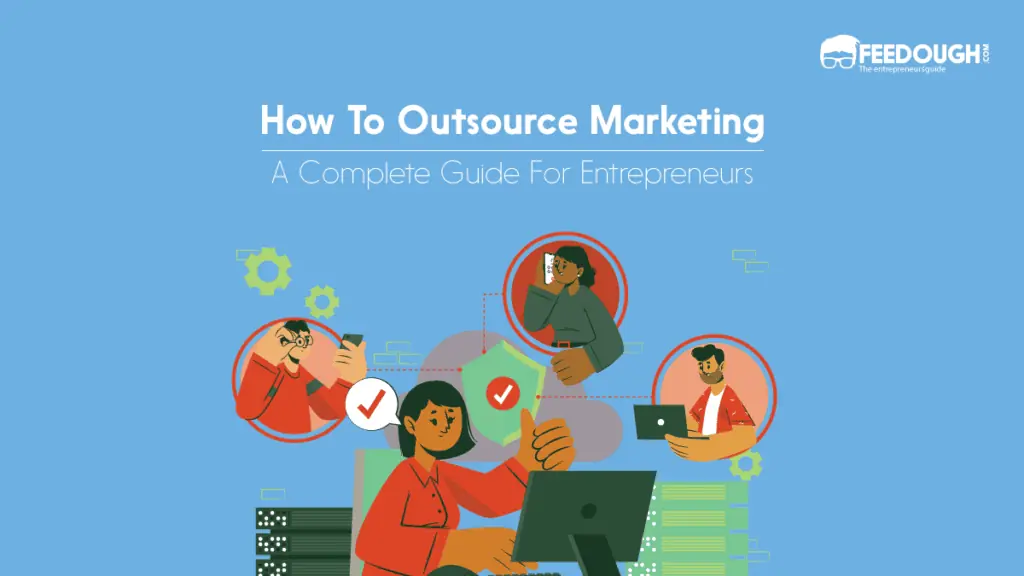
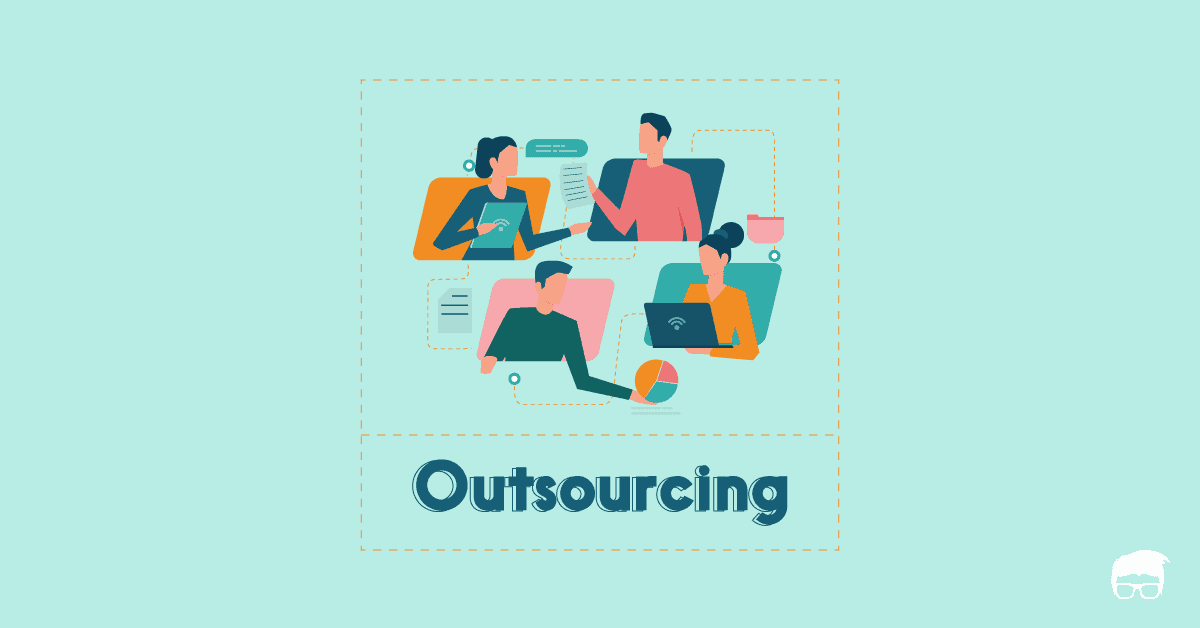
![How To Outsource Customer Service? [Detailed Guide] outsource customer service](webp/outsource-customer-service.webp)
